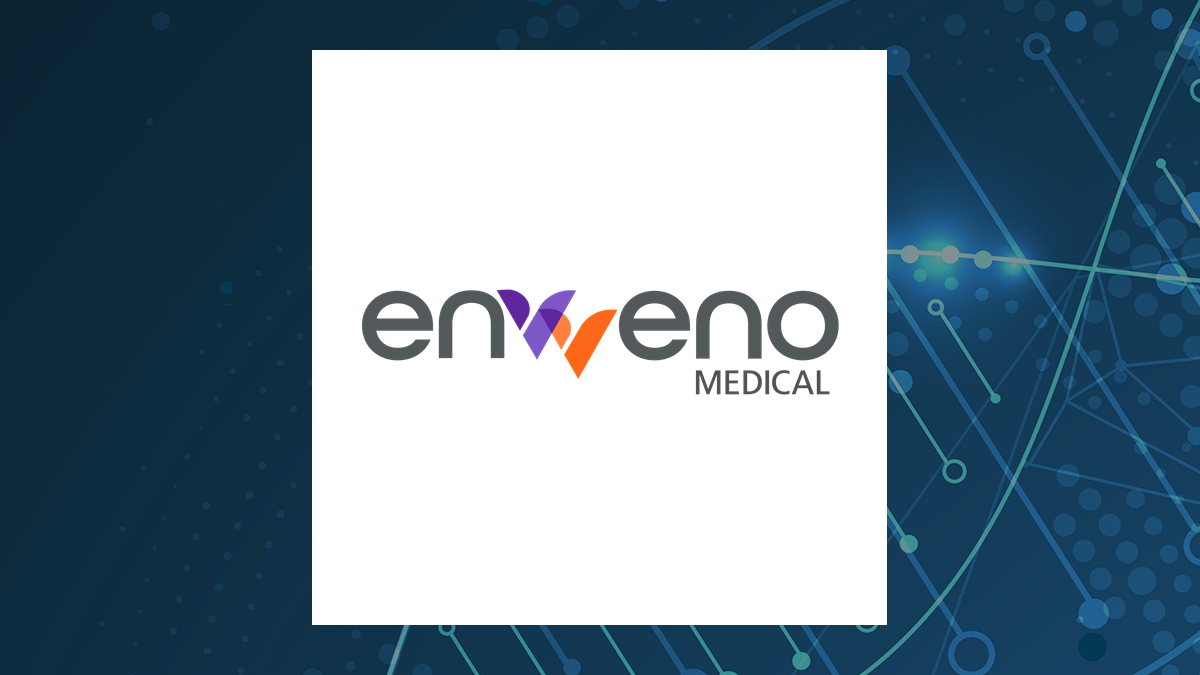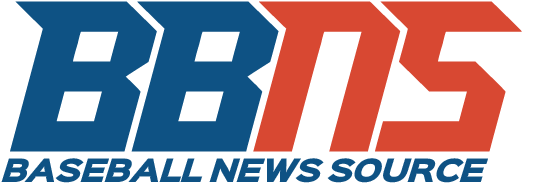Microbot Medical (NASDAQ:MBOT – Get Free Report) and enVVeno Medical (NASDAQ:NVNO – Get Free Report) are both small-cap medical companies, but which is the superior investment? We will compare the two companies based on the strength of their earnings, profitability, dividends, analyst recommendations, valuation, institutional ownership and risk.
Earnings and Valuation
This table compares Microbot Medical and enVVeno Medical”s top-line revenue, earnings per share and valuation.
| Gross Revenue | Price/Sales Ratio | Net Income | Earnings Per Share | Price/Earnings Ratio | |
| Microbot Medical | N/A | N/A | -$10.74 million | ($0.89) | -0.97 |
| enVVeno Medical | N/A | N/A | -$23.52 million | ($1.66) | -1.95 |
enVVeno Medical is trading at a lower price-to-earnings ratio than Microbot Medical, indicating that it is currently the more affordable of the two stocks.
Analyst Ratings
| Sell Ratings | Hold Ratings | Buy Ratings | Strong Buy Ratings | Rating Score | |
| Microbot Medical | 0 | 0 | 1 | 0 | 3.00 |
| enVVeno Medical | 0 | 0 | 0 | 0 | N/A |
Microbot Medical currently has a consensus target price of $7.00, suggesting a potential upside of 712.91%. Given Microbot Medical’s higher possible upside, equities analysts clearly believe Microbot Medical is more favorable than enVVeno Medical.
Volatility & Risk
Microbot Medical has a beta of 1.64, meaning that its share price is 64% more volatile than the S&P 500. Comparatively, enVVeno Medical has a beta of 1.22, meaning that its share price is 22% more volatile than the S&P 500.
Profitability
This table compares Microbot Medical and enVVeno Medical’s net margins, return on equity and return on assets.
| Net Margins | Return on Equity | Return on Assets | |
| Microbot Medical | N/A | -173.35% | -130.38% |
| enVVeno Medical | N/A | -54.24% | -50.69% |
Institutional & Insider Ownership
16.3% of Microbot Medical shares are owned by institutional investors. Comparatively, 34.7% of enVVeno Medical shares are owned by institutional investors. 10.6% of Microbot Medical shares are owned by company insiders. Comparatively, 17.0% of enVVeno Medical shares are owned by company insiders. Strong institutional ownership is an indication that large money managers, endowments and hedge funds believe a company will outperform the market over the long term.
Summary
Microbot Medical beats enVVeno Medical on 6 of the 10 factors compared between the two stocks.
About Microbot Medical
 Microbot Medical Inc., a pre-clinical medical device company, engages in the research, design, and development of robotic endoluminal surgery devices targeting the minimally invasive surgery space. The company offers LIBERTY, an endovascular robotic surgical system which allows physicians to conduct a catheter-based procedure from outside the catheterization laboratory, and avoid radiation exposure, physical strain, and the risk of cross contamination for use in cardiovascular, peripheral, and neurovascular spaces. It also provides NovaCross, an intellectual property and technology in the field of intraluminal revascularization devices with anchoring mechanism and integrated microcatheter. The company has a strategic collaboration agreement with Stryker Corporation for technology co-development. Microbot Medical Inc. was founded in 2010 and is based in Braintree, Massachusetts.
Microbot Medical Inc., a pre-clinical medical device company, engages in the research, design, and development of robotic endoluminal surgery devices targeting the minimally invasive surgery space. The company offers LIBERTY, an endovascular robotic surgical system which allows physicians to conduct a catheter-based procedure from outside the catheterization laboratory, and avoid radiation exposure, physical strain, and the risk of cross contamination for use in cardiovascular, peripheral, and neurovascular spaces. It also provides NovaCross, an intellectual property and technology in the field of intraluminal revascularization devices with anchoring mechanism and integrated microcatheter. The company has a strategic collaboration agreement with Stryker Corporation for technology co-development. Microbot Medical Inc. was founded in 2010 and is based in Braintree, Massachusetts.
About enVVeno Medical
 enVVeno Medical Corporation (Nasdaq: NVNO) is an medical device company focused on the development of innovative bioprosthetic (tissue-based) devices to improve the standard of care in the treatment of venous disease. The company’s lead product, the VenoValve®️, is a first-in-class, surgical implant being developed for the treatment of severe deep venous Chronic Venous Insufficiency (CVI). Deep venous CVI occurs when valves inside of the deep veins of the leg become damaged, resulting in insufficient blood being returned to the heart. The malfunctioning vein valves cause blood to flow backwards (reflux) and pool in the lower leg, increasing the pressure within the veins of the leg (venous hypertension). In the most severe cases, CVI can lead to venous ulcers (open skin sores) that become chronic and difficult to heal. The VenoValve is implanted in the femoral vein and works as a replacement venous valve, designed to reduce reflux and venous hypertension, and to restore proper directional blood flow back to the heart. With severe deep venous CVI impacting an estimated 2.4 million people in the U.S., who have no effective treatment options, the VenoValve has received Breakthrough Device Designation from the U.S. Food and Drug Administration, and is currently being evaluated in the SAVVE U.S. clinical trial.
enVVeno Medical Corporation (Nasdaq: NVNO) is an medical device company focused on the development of innovative bioprosthetic (tissue-based) devices to improve the standard of care in the treatment of venous disease. The company’s lead product, the VenoValve®️, is a first-in-class, surgical implant being developed for the treatment of severe deep venous Chronic Venous Insufficiency (CVI). Deep venous CVI occurs when valves inside of the deep veins of the leg become damaged, resulting in insufficient blood being returned to the heart. The malfunctioning vein valves cause blood to flow backwards (reflux) and pool in the lower leg, increasing the pressure within the veins of the leg (venous hypertension). In the most severe cases, CVI can lead to venous ulcers (open skin sores) that become chronic and difficult to heal. The VenoValve is implanted in the femoral vein and works as a replacement venous valve, designed to reduce reflux and venous hypertension, and to restore proper directional blood flow back to the heart. With severe deep venous CVI impacting an estimated 2.4 million people in the U.S., who have no effective treatment options, the VenoValve has received Breakthrough Device Designation from the U.S. Food and Drug Administration, and is currently being evaluated in the SAVVE U.S. clinical trial.
Receive News & Ratings for Microbot Medical Daily - Enter your email address below to receive a concise daily summary of the latest news and analysts' ratings for Microbot Medical and related companies with MarketBeat.com's FREE daily email newsletter.
